[toc]
Why Attend a Training Course?
Attending a training course can open up a whole host of exciting opportunities. You can change the way you do things and look at things in a different way and overall improve your performance.
Most training courses tend to be short and of course, they are not always one to one. So, if you want to get the most out of a training course, you should do some preparation.
The Difference Between Training and Learning
“Tell me, and I forget, Teach me, and I remember, Involve me, and I learn” (Franklin or Konfuzius)
Have you ever thought about what the difference is between the terms training and learning? Is there really a difference? Are you not really bothered?
It’s an interesting discussion as people do see a difference in the two terms and people perceptions of the two terms can determine whether they will enjoy an event where they go along to gain new skills and knowledge.
The main difference between the two statements are:
- Training: Something that is done to some someone and aims to pass on brand new skills.
- Learning: Something where someone is involved in something and learns from it.
In other words, a training event may be perceived as a lecture. Something where I go along to watch something or have someone tell me how to do something i.e. how to use a computer programme that I have never used before.
A learning event may be perceived as me going along to discuss new ideas and understand how I can make them fit into my world. I may actually have a go at them.
It may be that one event uses both approaches.
Another way to sum it up:
- ‘Training‘: the preparation of a person or animal for a particular activity, occupation etc
- ‘To learn‘: to acquire knowledge of or skill by study, experience, or instruction.
How to Get the Most From a Training Course
Here are some quick tips to ensure you get the most out of a training course:
- Have a clear idea of what you would like to get from it – Take a look at the course overview and objectives and be sure that the course is the right one for you. Think about how the content fits with your personal development plan and your other objectives. Then, write down some objectives for the course. Most training providers (including us) will ask you at the beginning of the course what you are looking to get from your time there.
- Ask Questions – Don’t be afraid to ask questions during the course. The trainer or facilitator should be well prepared for people asking questions. They should answer your points, open them up as a discussion to other group members or find out the answers after the course and get back to you.
- Get Involved – Many training courses (including ours) are designed to be interactive, meaning the trainer and facilitator would like you to be involved. They may ask questions or set small tasks for you and your fellow delegates to take part in. The only way to get the best from this is to actively get involved. Also, take time to get to know your fellow delegates.
- Reflect – Don’t head back to the workplace expecting things to change immediately. Take some time to consider what your approach to change will be. Most courses (including ours) will provide some time for action planning, allowing this reflection to happen. Having a discussion with your line manager is a really good way of doing this.
- Use the Learning – Don’t put the course materials in a drawer and leave them there. If this happens then the learning goes with it. Instead, regularly review the learning, in particular, your action plan and keep it fresh. Continue to put new things into practice. Keep a check on your personal development plan to ensure you are making progress towards the objectives within it.
Good luck with any future learning you undertake. We hope these few points will help. We deliver a number of different training courses that can support your own personal development. Take a look at the full list of courses that we deliver.



